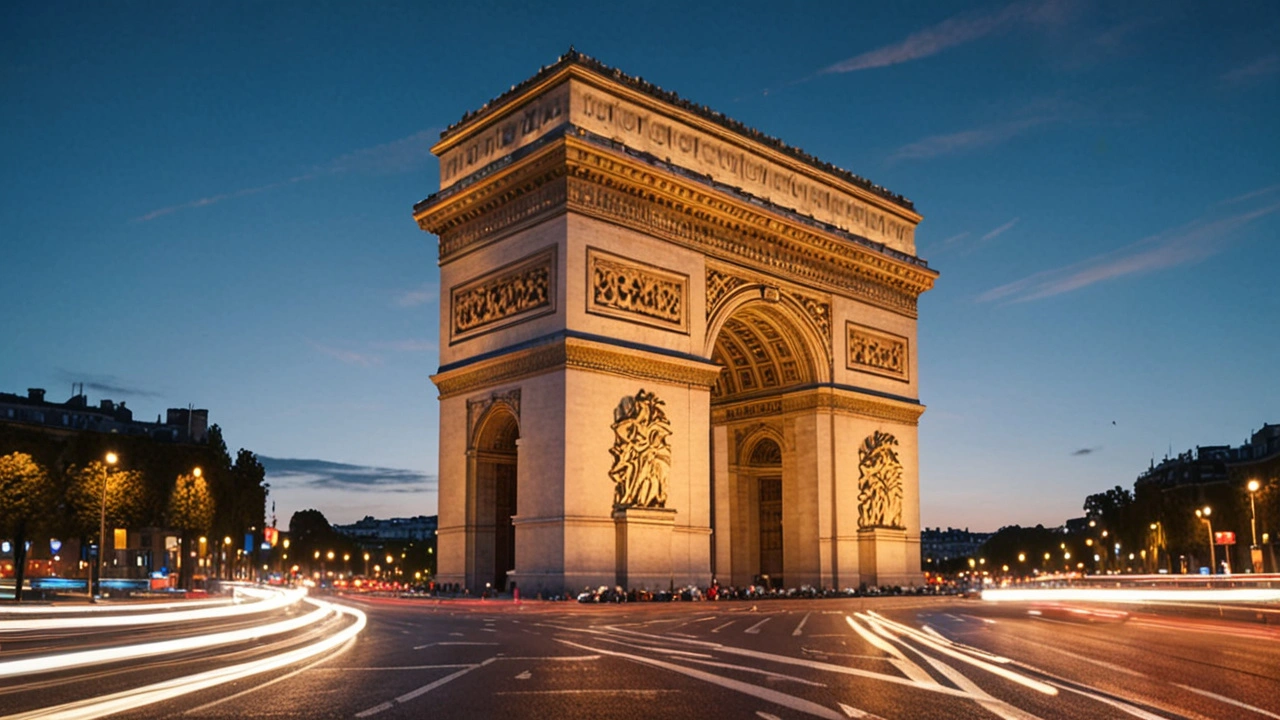Hung Parliament Explained: Why It Happens and What Comes Next
A hung parliament is what you get when no party wins enough seats to rule alone. It sounds technical, but the idea is simple – the vote split leaves the biggest parties short of a majority, so they have to figure out how to work together.
Most people first hear about it after an election night when the numbers are in and the headline reads, “No clear winner.” That moment can feel like political chaos, but it’s actually a normal part of democratic systems that use single‑member districts, like the UK or Canada.
Why a Parliament Gets Hung
There are a few common reasons. First, voter preferences can be very spread out. If three or four parties each get a decent share of the vote, none of them will hit the 50 %+1 seat threshold. Second, regional parties can win big in specific areas, stealing seats that would otherwise go to the biggest national party. Third, a swing in public mood – maybe over the economy or a scandal – can knock the incumbent down just enough that they lose the majority but stay the largest party.
Look at the 2010 UK general election. The Conservatives got the most seats, but they were still short of a majority. The Liberal Democrats held the balance, so the three parties had to negotiate a coalition. That deal changed policy directions, cabinet appointments, and even the tone of politics for the next five years.
In some cases, a hung parliament leads to a minority government instead of a coalition. The biggest party may try to govern alone, hoping to win support from other parties on a vote‑by‑vote basis. This can make passing laws slower, but it also forces more discussion and compromise.
What Happens After a Hung Parliament
Once the results are clear, the parties sit down at the negotiating table. The goal is to reach a formal agreement that lets them command confidence in the house. That could be a coalition – a shared cabinet and a joint policy program – or a confidence‑and‑supply pact, where a smaller party agrees to back the government on key votes without taking ministerial posts.
If talks break down, the largest party might try to run a minority government. They’ll then need to make deals on each piece of legislation, which can be time‑consuming but gives smaller parties leverage. In the worst‑case scenario, if no agreement is reached within a reasonable time, the head of state may call another election.
For everyday citizens, a hung parliament can mean a few things. You might see more debate on the news, because parties are forced to explain why they need support. Policy changes may happen more slowly, but you could also see more diverse viewpoints in the final decisions. And if a new election is called, you’ll get another chance to have your say.
Bottom line: a hung parliament isn’t a disaster; it’s a sign that the electorate is divided and that the political system is asking parties to work together. Whether that ends in a coalition, a minority rule, or a fresh vote, the process reshapes policy, party dynamics, and the way power is exercised.
So the next time you hear “hung parliament,” remember it’s just a moment where the usual playbook pauses, and politicians have to get creative to keep the government running.
Industry Experts React to France's Historic Election Outcome
The recent French election has concluded with the New Popular Front emerging as the dominant force, resulting in a hung parliament. Experts anticipate a muted initial market reaction but highlight significant political risks. Concerns grow over France's fiscal position and the complexities introduced by the political deadlock.
